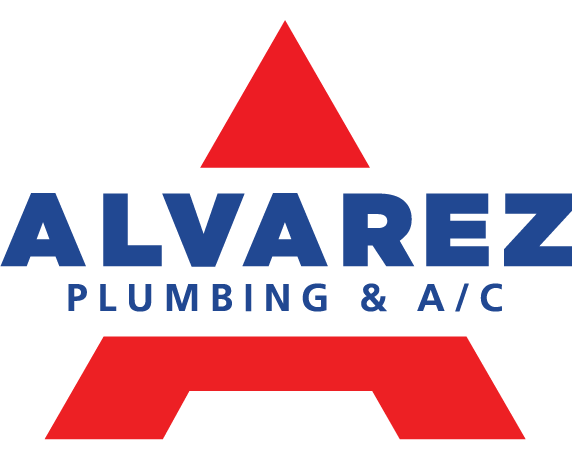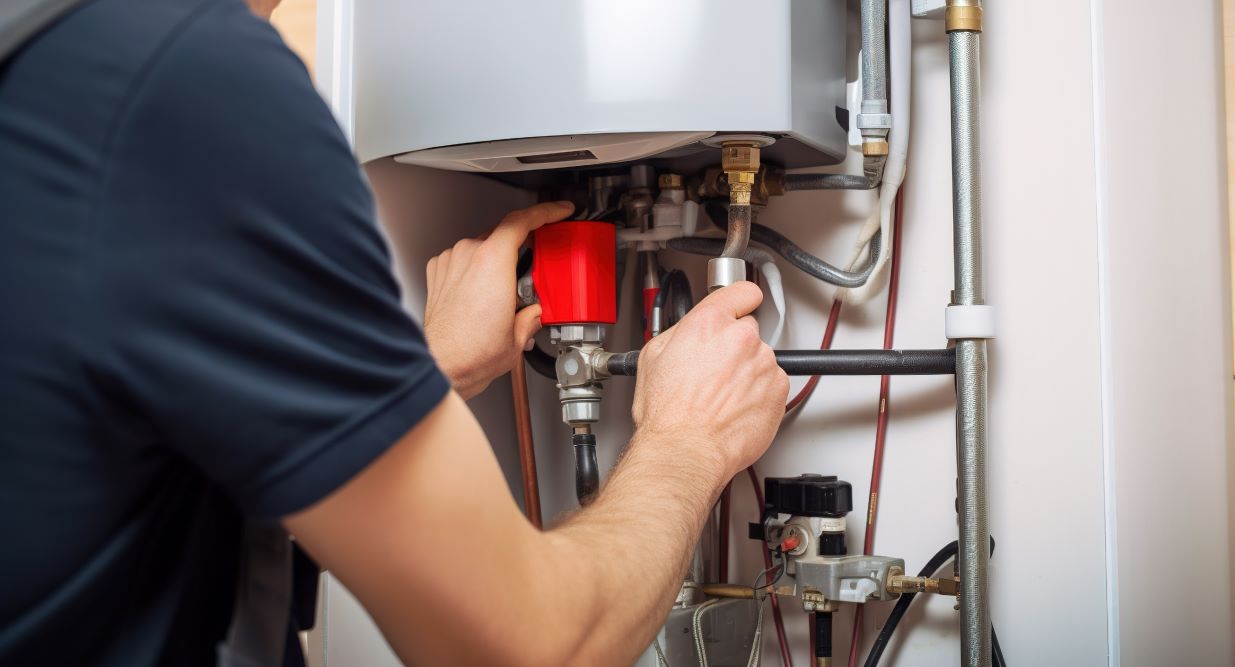Water heaters are an essential part of modern living, providing hot water for various household activities like bathing, cooking, and cleaning. However, these appliances are not immune to problems, which can disrupt your daily routine and even result in costly repairs if not addressed promptly. This blog post aims to delineate common issues that plague water heaters and offer pragmatic solutions for water heater troubleshooting.
Common Water Heater Troubleshooting and Issues
No Hot Water
This is perhaps the most immediately noticeable problem. If you find that your water heater is not producing hot water, the likely culprits could be:
- Gas Water Heaters: Pilot light going out
- Electric Water Heaters: Tripped circuit breaker or faulty thermostat
- Solutions:
- Gas Water Heaters: Relight the pilot following the manufacturer’s instructions.
- Electric Water Heaters: Check your circuit breaker box and reset any tripped breakers. If the issue persists, a faulty thermostat may need to be replaced.
Inadequate Hot Water
Sometimes, the water heater produces hot water, but the amount is insufficient for your needs.
Causes:
- Incorrect thermostat setting
- Too small a water heater for your usage
- Sediment build-up
Solutions:
- Adjust the thermostat to a higher setting cautiously, keeping safety considerations in mind.
- Consider replacing the unit with one that has a greater capacity if high usage is a constant problem.
- Drain and flush the tank to remove sediment.
Discolored Water
If your hot water is rusty, muddy, or has a metallic taste, it usually indicates:
- Corrosion: Within the water tank or pipes
- Sediment: Accumulation at the bottom of the tank
Solutions:
- Inspect the anode rod and replace it if it’s corroded.
- Drain and flush the tank to get rid of sediment.
Unusual Noises
Knocking, rumbling, or popping sounds often point to:
- Sediment build-up
- High pressure inside the tank
Solutions:
- Drain and flush the tank.
- Check the pressure relief valve and replace it if faulty.
Leaks
Leakage is usually a result of:
Loose fittings
- High pressure
- Corrosion
Solutions:
- Tighten any loose fittings.
- Check the pressure relief valve.
- If corrosion is the culprit, tank replacement may be necessary.
Maintenance and Preventative Measures
Regular maintenance can preclude most of the common issues listed above. Some best practices include:
- Annual Inspections: A qualified technician should check the system annually.
- Regular Draining: Perform periodic draining to remove sediment and inspect for corrosion.
- Pressure Relief Valve Testing: Conduct this test bi-annually to ensure optimal function.
Conclusion
Understanding the common issues that water heaters face can arm you with the knowledge required to take quick remedial actions, thereby prolonging the life of your appliance and avoiding unnecessary costs. Always consult professionals for regular maintenance and whenever you encounter issues that require expertise beyond simple water heater troubleshooting.
Being proactive about water heater maintenance is not just about saving money on repairs, but also about ensuring the operational efficiency of this vital household appliance.
For comprehensive service and repair solutions, it’s advisable to consult professionals who can diagnose and rectify issues with the requisite technical acumen.
Disclaimer: This blog post is intended for informational purposes only. For any repair or maintenance, it is strongly recommended to consult a qualified technician.




Recent Comments